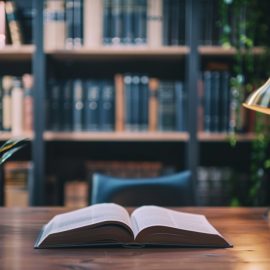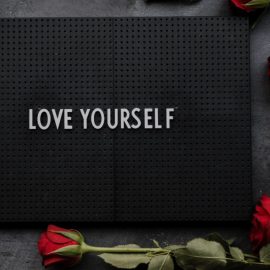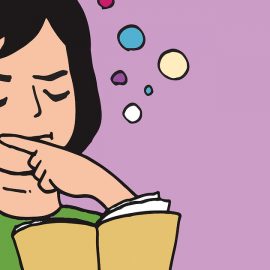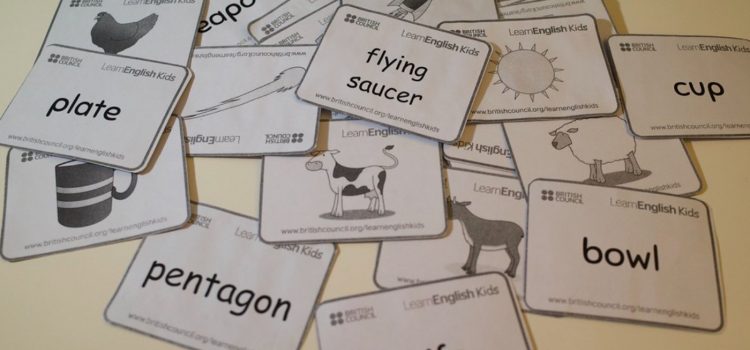
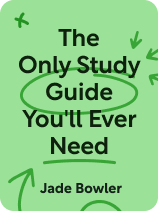
This article is an excerpt from the Shortform book guide to "The Only Study Guide You'll Ever Need" by Jade Bowler. Shortform has the world's best summaries and analyses of books you should be reading.
Like this article? Sign up for a free trial here.
Is learning with flashcards effective? How do flashcards improve comprehension?
Flashcards are a popular method for studying. However, in The Only Study Guide You’ll Ever Need, Jade Bowler explains that they’re ineffective if not created and used correctly.
Here’s how to effectively learn with flashcards.
Studying With Flashcards
For flashcards to improve your understanding, they must incorporate your brain’s preferred learning methods.
First, learning with flashcards should require deep engagement. There are a few ways you can do this. One of the easiest ways is to create cards with a question on one side and an answer on the other—before flipping the card over, you must answer the question yourself. This will make studying with flashcards harder than simply flipping through your cards and rereading information.
Another way to encourage deep engagement is to use as many symbols as possible on your cards in place of words and phrases. Using symbols rather than words requires you to recall more information than what’s explicitly written on the card. For example, imagine you want to remember that the Rashidun Caliphate was the first caliphate and lasted the shortest amount of time, the Umayyad was second and lasted longer than the Rashidun, and the Abbasid was the last and lasted the longest. You could write “Rashidun < Umayyad < Abbasid.”
Your flashcards should help you make connections with concepts you already know—Bowler explains that using images and symbols you’re familiar with is a great way to do this. For example, to remember the order of three of the major Medieval Islamic caliphates—the Rashidun, Umayyad, and Abbasid—you could draw a picture of a radish to remind you of “Rashidun,” a picture of your friend Maya to remind you of “Umayyad,” and the name of the band Abba to remind you of “Abbasid.”
Finally, the key to boosting learning with flashcards is to study them repeatedly over time. For example, if you have a quiz in one month’s time, rather than waiting until the week before the exam and studying for 30 minutes every day, make your flashcards and start studying as soon as you find out about the exam.
Flashcard Techniques That Boost Learning
Experts echo Bowler’s suggestions on how to create and use flashcards to boost your study productivity and learning. However, they emphasize a few additional techniques that make studying with flashcards even more effective and prevent outcomes that could negatively impact learning. By incorporating these ideas alongside Bowler’s recommendations, not only will you boost your productivity, but you’ll also ensure that you aren’t accidentally sabotaging your learning.
1) Read the information on the card out loud—the more senses you involve in your flashcard practice, the deeper you’ll engage with the material, and the better you’ll understand and retain it.
2) Shuffle your deck of cards regularly, especially if you’re studying them repeatedly—this will prevent you from memorizing the order of the answers rather than the concepts on them. You’ll avoid experiencing false productivity by making the task harder and increasing your level of engagement.
3) Quiz yourself backward when possible. For example, rather than routinely reading the question on the front of the card and then guessing the answer on the back, read the answer on the back first and try to guess the question on the front. This will make you think harder and engage deeper with the information.
4) Use apps like Canva or Flashcard Machine to add complex visuals and even audio to your card. This can be more effective for visual or auditory learners who would benefit from more complex sensory stimulation than simply drawing a basic drawing or symbol can provide. You can also use Canva’s stock images function to find complex images that represent connections to ideas you already know.

———End of Preview———
Like what you just read? Read the rest of the world's best book summary and analysis of Jade Bowler's "The Only Study Guide You'll Ever Need" at Shortform.
Here's what you'll find in our full The Only Study Guide You'll Ever Need summary:
- Why school doesn't have to be chronically overwhelming
- How students can manage their mindset, study habits, and time
- Science-backed time management and study techniques to help you ace your exams


